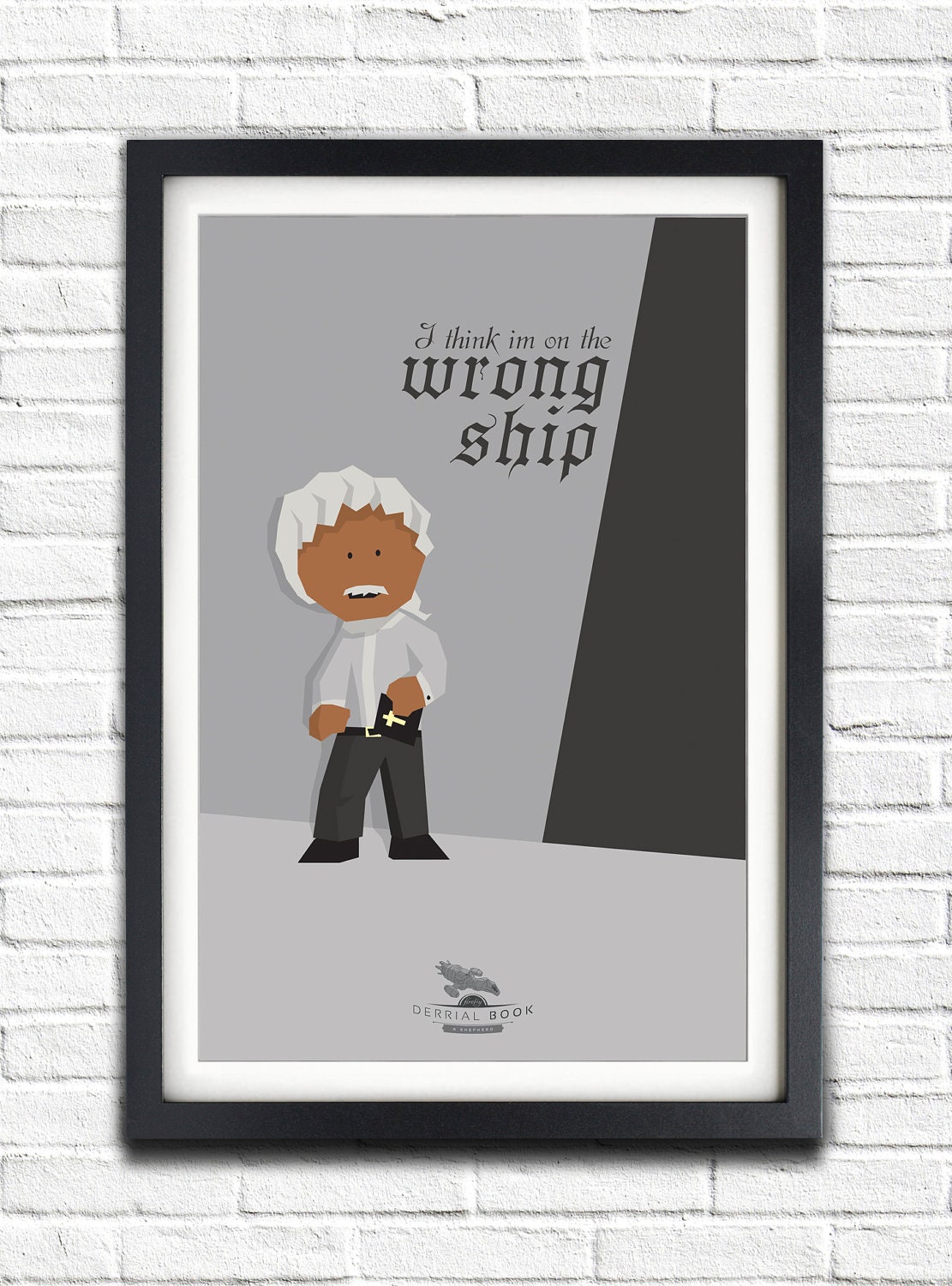Hi everyone! This is, hopefully, the first of many Gamer Drama pieces, a group of themed blogs where I critique video games with a literary perspective. I enjoy video games for the game play and the graphics, but for me it's the story that really makes the game. Let me know what you think, and I'll decide if I should keep doing this (or decide what changes to make to improve Gamer Drama).
I worked at Best Buy for the summer
in between undergrad and graduate school. While I worked there, I became more
familiar with non-Nintendo games and, ultimately, bought an Xbox 360. The first
game I bought for it was Alan Wake. Strangely, I only recently played through it.
From the moment I heard about this
game (just before it came out), I was intrigued. I am a huge Stephen King fan,
and I thought the horror-writer-in-a-horror-story idea would be fun to play
through—it has certainly always been fun to read.
Synopsis
Alan Wake is a best-selling mystery
novelist, who is suffering from a two year-long bout of writer’s block. He and
his wife have traveled to the small town of Bright Falls for a much-needed vacation.
However, Alan soon learns that his wife, Alice ,
has lured him to the town under false pretenses—it is also home to a psychiatrist
who specializes in “helping” creative types. Angry, Alan storms out of the
cabin, leaving his wife behind. Since she has an almost manic fear of the dark,
Alan knows she won’t follow her. However, the darkness outside the cabin is
strange—shadows look more animated, the air seems to hum, and there’s an
unnatural calm. Suddenly, the lights in the cabin go out, and Alice screams. Alan races into the cabin, and
finds that the railing on the balcony has broken, indicating that Alice fell into the
river. He dives in after her, and the screen goes black.
The next thing Alan knows, he’s
waking up in the woods after a car accident. This marks the main part of the
game—Alan tries to find his wife, while fleeing from the Big Bad “The Dark
Presence” and it’s possessed minions, “The Taken.”
The Setting
This is probably the strongest part
of Alan Wake. The majority of the game takes part in the woods of the Pacific
Northwest, in and around the town of Bright
Falls. The woods are dark, quiet, and often foggy. It is easy to get turned
around as you run toward the next safe area or meeting place. Each time you get
turned around, you become a magnet for the possessed Taken—a fact which,
combined with the ambiance of the woods, means that you’re tense as you run
through the forest.
These forest scenes are the
strongest part of the game. The balance of the setting, the unnatural ambiance,
and the fear make the gamer emotionally involved in these scenes. The next best
part is the small-town setting. I feel like it accurately represents life in a
small-town without becoming a parody of it—though, I must admit, it’s been a
while since I have lived in a small town.
Other settings of the game aren’t
quite as effective. The mine didn’t manage to carry the same atmosphere as the
forest scenes did. The luxurious “artists’ retreat” run by Dr. Hartman seems
like a reproduction of an earlier area (the national park Ranger’s Lodge),
except that it’s not as effective in setting the scene. The building seems too
large and too open to make the gamer nervous—the same qualities that make the
forest scenes frightening doesn’t apply in this case. Alan Wake works best when
the gamer is in the wild—in buildings, gardens, and other “tamed” areas, the
atmosphere isn’t as effective.
The Characters
Alan Wake is in the minority among
modern games because it ignores the silent character/everyman (or everyman with
super badass combat training) trope, and creates a real character for you to play.
At first, this is extremely refreshing. However, this feeling weakens overtime
(though it never really disappears). Alan can get a little annoying after three
or so “episodes.” While some of his narrative is good—when he directs you
toward a goal or talks to others on the phone to set the plot—sometime he can
be a little grating. I particularly found it annoying when he would explain
what just happened—I know what happened, Alan, I made you do it and/or fought
my way through it. No one could have possibly missed it.
The rest of
the characters are either unremarkable or annoying. I found myself wishing I could
just leave Alice
to rot or leave Barry to certain doom several times. One of the most
problematic characters, however, was Agent Nightingale. He is introduced as an
antagonist, overreacts to a bunch of things, and then meets his doom. The
character is a little more fleshed out in the manuscript pages, but I still
found him mostly unnecessary. If it wasn't for the attempt to make Dr. Hartman
a sort-of evil mastermind, he would have been pointless as well. It’s easy
enough for a video game to invest the player in the fates of its minor
characters—however, Alan Wake didn't manage to do that for me.
As for the “bad
guys,” I really only found the Taken to be effective. At first, Barbara Jagger
(who’s really just the meat suit for the Dark Presence) was certainly creepy. I
felt she really made the scene in the diner. However, the more the game fleshed
out her character, the less imposing I found her. The Dark Presence itself adds
to the atmosphere, but when it manifests in more direct ways (for example, as
the Dark Presence Tornado), I found it kind of silly.
The Payoff
I don’t intend to give away the end
of the game, just to describe my reaction to it. Alan Wake had me hooked for
the first four episodes. Then it began to lose me. It’s not that it got
fantastical—I love the fantastical, especially if it’s campy. I’m obsessed with
Supernatural and Buffy, which are probably the top two contenders in that
category.
However, I don’t like the formulaic. And I don’t like the
formulaic when it’s trying to pretend it’s something edgy. I feel like the last
two episodes of Alan Wake brought it from a Stephen King novel to an episode of
Are You Afraid of the Dark. Despite my nostalgic love for Are You Afraid of the
Dark, that’s not a complement. (Sidebar: I have two seasons of Are You Afraid
of the Dark on DVD, and the show did not hold
up well over the years. The intro is still amazeballs, though.)
Grins and Gripes
- Alan Wake is survival horror as it should be. And, due to my extensive experience with “new” survival horror titles (which are more like first-person shooters), I found it challenging to begin with. There were many time I found myself swearing as I made Alan sprint hopelessly towards the light, out of batteries and ammo, as Taken manifested all around him.
- Speaking of Alan sprinting, I wish he could have been able to run for longer than ten seconds. You’re a writer, Alan. You work at home. Can’t you find a half an hour every day to spend on a treadmill? Some time to dedicate to working up a little stamina, in case you find yourself running for you life?
- I found the “episode” format to be a little annoying. At first, I thought it was cool. As the game progressed, though, I found the episodes to be largely indistinguishable. I didn't think they followed their own plotlines or paced themselves distinctively. By the end, it seems like the creators separated the game into episodes only because Alan was conveniently rendered unconscious a lot, creating “natural” breaks to the storyline.
- I really enjoyed the way the manuscript pages added to the story line. I found it especially effective when the book pages foreshadowed dramatic events, or offered a first-person perspective on a character other than Alan.
- Sheriff Breaker was a good character—a strong woman, in charge of the police, who didn’t have to act too tough or was constantly undermined by the men around her. She reminded me of the awesome Sheriff Mills, from Supernatural.
Rating: 8/10





























.jpg)




































